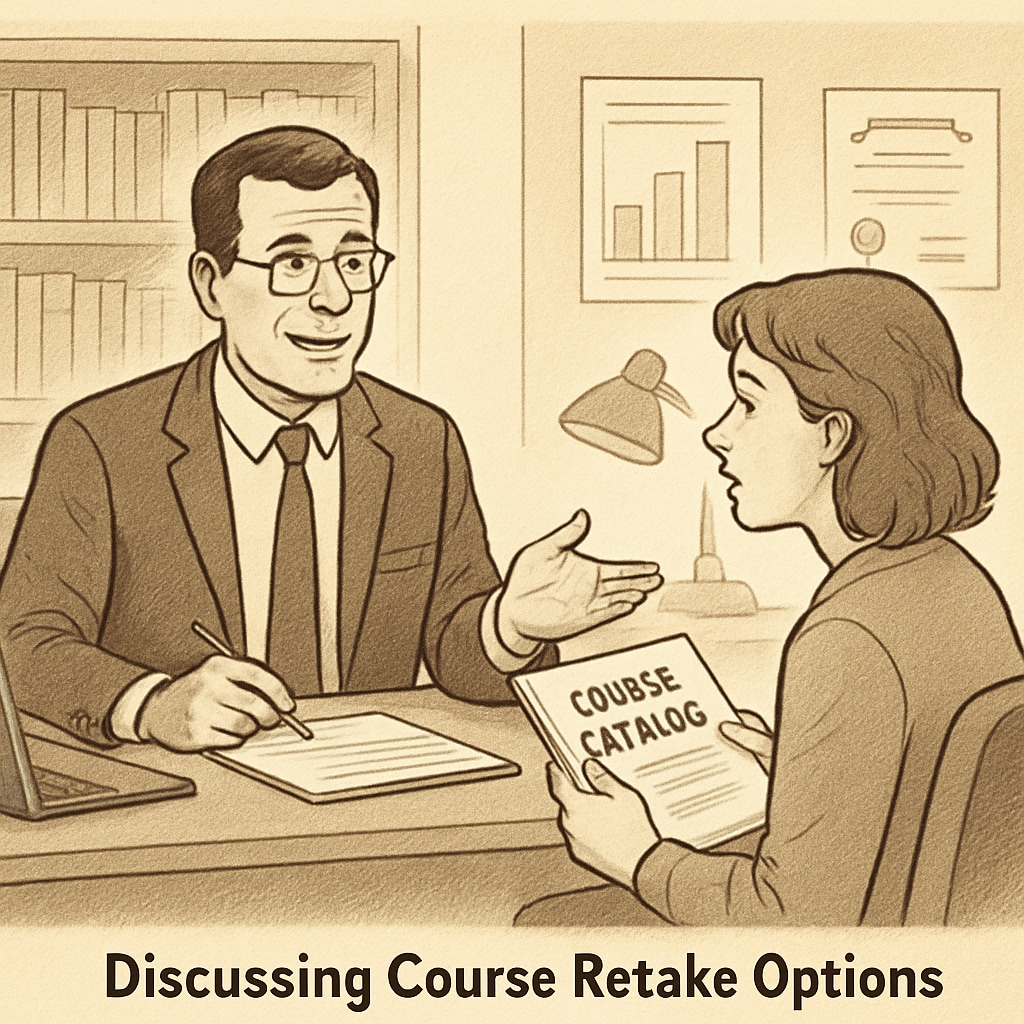A single low grade, like a C+, can feel like a weighty obstacle when aspiring for admission to elite universities such as Harvard. The question arises: does a C+ automatically disqualify you? The admissions process at top-tier institutions emphasizes more than just grades. This article evaluates how such a grade impacts your chances, the role of CALM courses (Career and Life Management), and whether retaking a class is a worthwhile strategy. Additionally, we provide actionable advice for long-term academic planning to navigate these challenges effectively.
Does One Low Grade Define Your Application?
Harvard’s admissions process is renowned for its holistic approach. While academic rigor and GPA are critical, they are not the sole factors. Admissions officers assess applicants based on a variety of metrics, including extracurricular activities, personal essays, recommendation letters, and leadership potential. A single C+ in an otherwise strong academic record does not automatically disqualify you; instead, it may serve as a prompt for admissions staff to evaluate your resilience and ability to recover from setbacks.
For example, if the C+ occurred in a challenging course or during a particularly difficult semester, you can use your application essays to contextualize the grade. Demonstrating growth, such as improved performance in subsequent semesters or excelling in related subjects, can also offset the impact of a single low mark.

CALM Courses: Their Role and Relevance
CALM courses, or Career and Life Management courses, are designed to enhance students’ personal and academic development. While these courses are not directly tied to core academic metrics like GPA, they can reflect a student’s commitment to self-improvement and life skills development. For students who have faced academic setbacks, showcasing engagement in CALM courses can be a subtle way to highlight personal growth and resilience.
In addition, CALM courses often focus on skills such as time management, stress reduction, and decision-making. These skills are invaluable for students aiming for highly competitive universities, where the ability to balance academic and extracurricular commitments is crucial. Including such courses in your transcript may not directly boost your GPA, but it can demonstrate a well-rounded and prepared candidate.
Should You Retake a Class? Key Considerations
Retaking a course to replace a low grade, such as a C+, can be a strategic decision, but it is not always necessary. Here are some factors to consider:
- University Policies: Some universities allow grade replacement for retaken courses, while others average the grades. Research Harvard’s policies and those of other target schools before deciding.
- Time and Effort: Retaking a class requires significant time and effort. Consider whether your energy would be better spent excelling in other areas, like higher-level courses or extracurricular activities.
- Context: If the class is central to your intended major or career path, retaking it might make more sense. For example, a C+ in a core STEM course for a prospective engineering major could raise red flags.
- Alternative Demonstrations: Instead of retaking the class, you could enroll in a more advanced course in the same subject and perform exceptionally well, showcasing your mastery of the material.
Ultimately, the decision to retake a class should align with your broader academic and career goals. Consulting with a guidance counselor or academic advisor can help you make an informed choice.

Long-Term Planning for Competitive Applications
One low grade should not discourage you from aiming for top universities like Harvard. Instead, focus on building a compelling overall application. Here are some strategies:
- Leverage Extracurriculars: Demonstrate leadership and passion through extracurricular activities. Whether it’s founding a club, volunteering, or excelling in sports, these experiences can outweigh minor academic setbacks.
- Craft Authentic Essays: Use personal essays to tell your unique story. If relevant, address the challenges behind your low grade and emphasize the lessons learned.
- Secure Strong Recommendations: Teachers and mentors who know you well can highlight your strengths, work ethic, and character, which are invaluable to admissions committees.
- Excel in Standardized Tests: A high SAT or ACT score can serve as a counterbalance to a lower GPA.
As a result, admissions officers are likely to view you as a resilient, well-rounded individual rather than focusing solely on one grade.
Conclusion: A Single Grade Does Not Define You
A C+ is not the end of your Harvard aspirations. By understanding the holistic admissions process, leveraging resources like CALM courses, and strategically deciding whether to retake a class, you can present a strong, well-rounded application. Remember, resilience and a commitment to growth often speak louder than perfection. Focus on showcasing your unique strengths and potential, and you can still achieve your dream of attending an elite university.
Readability guidance: This article uses clear, concise language and short paragraphs to ensure accessibility. Lists and examples are provided for easy comprehension, and overuse of passive voice is avoided to maintain an engaging tone. Transitions like “for example,” “in addition,” and “as a result” are included to improve flow.


